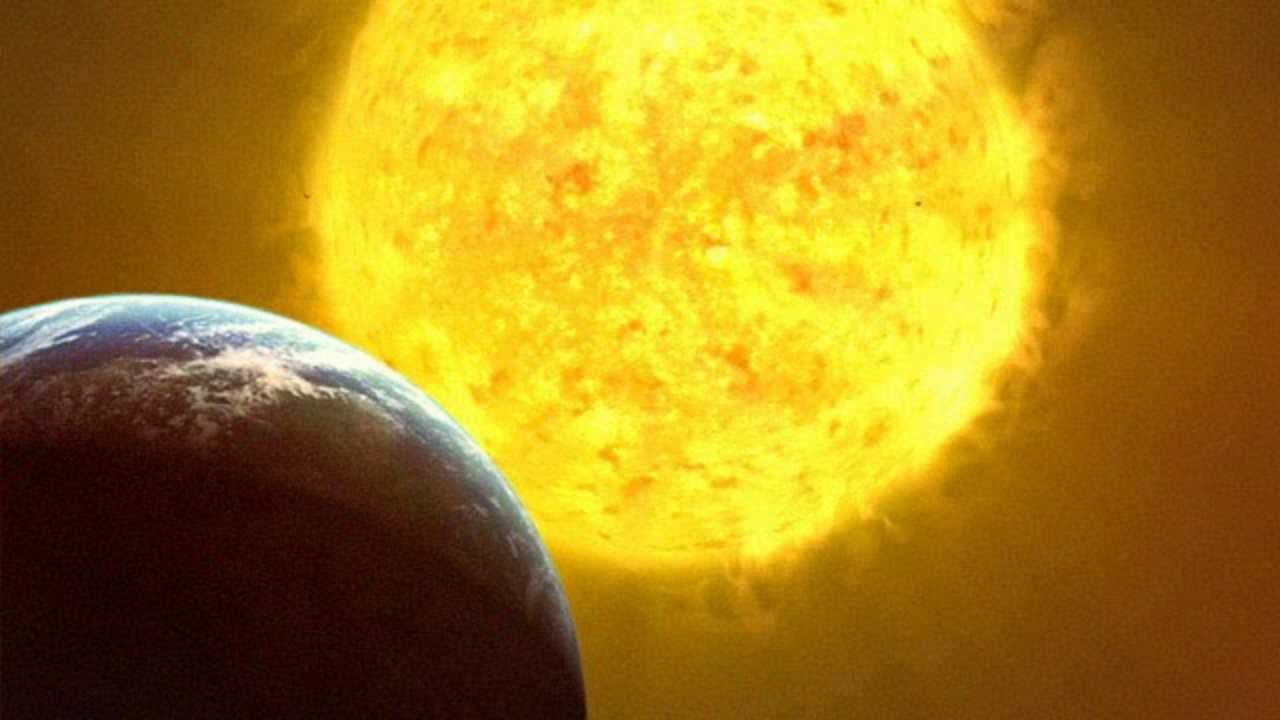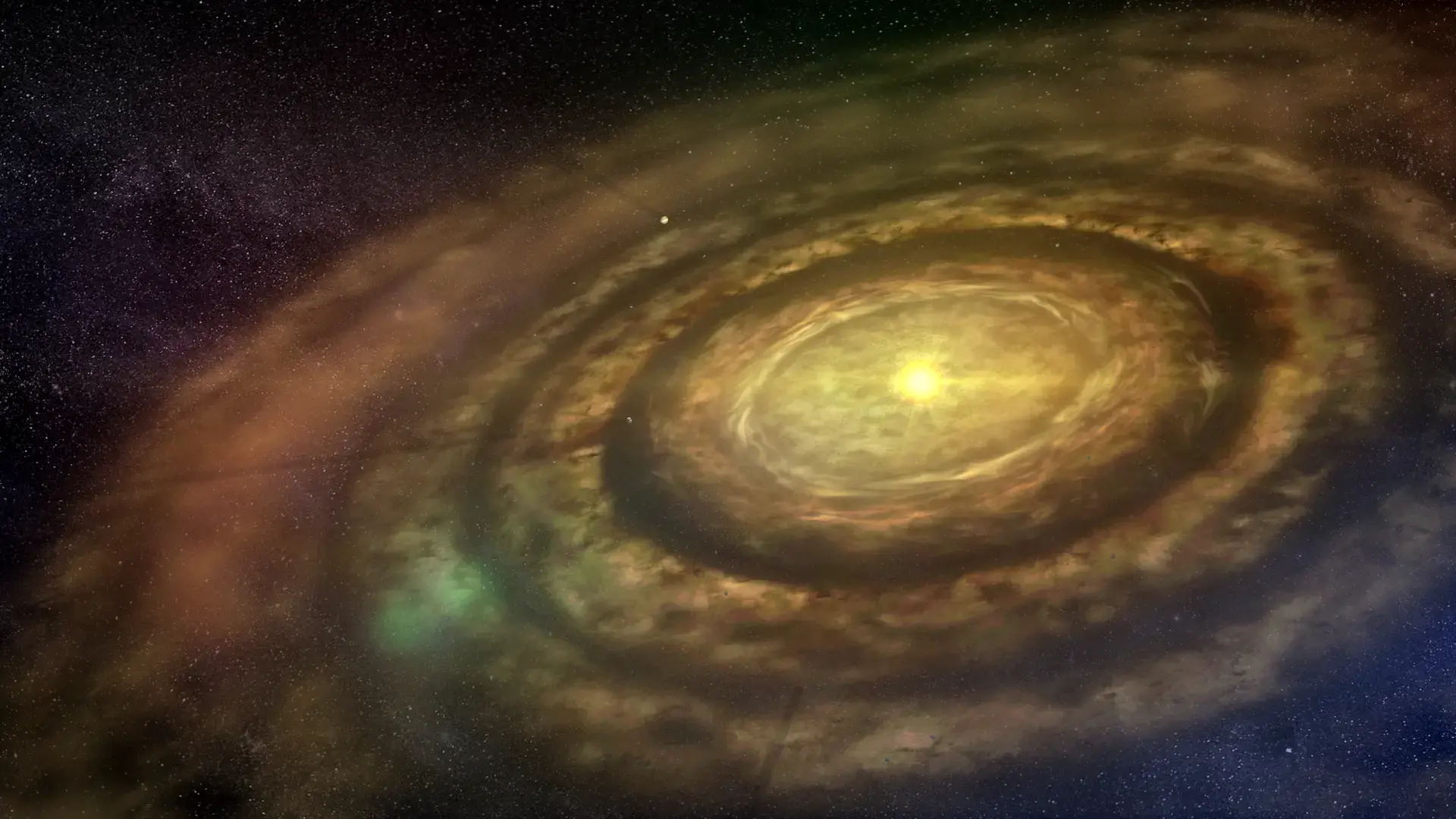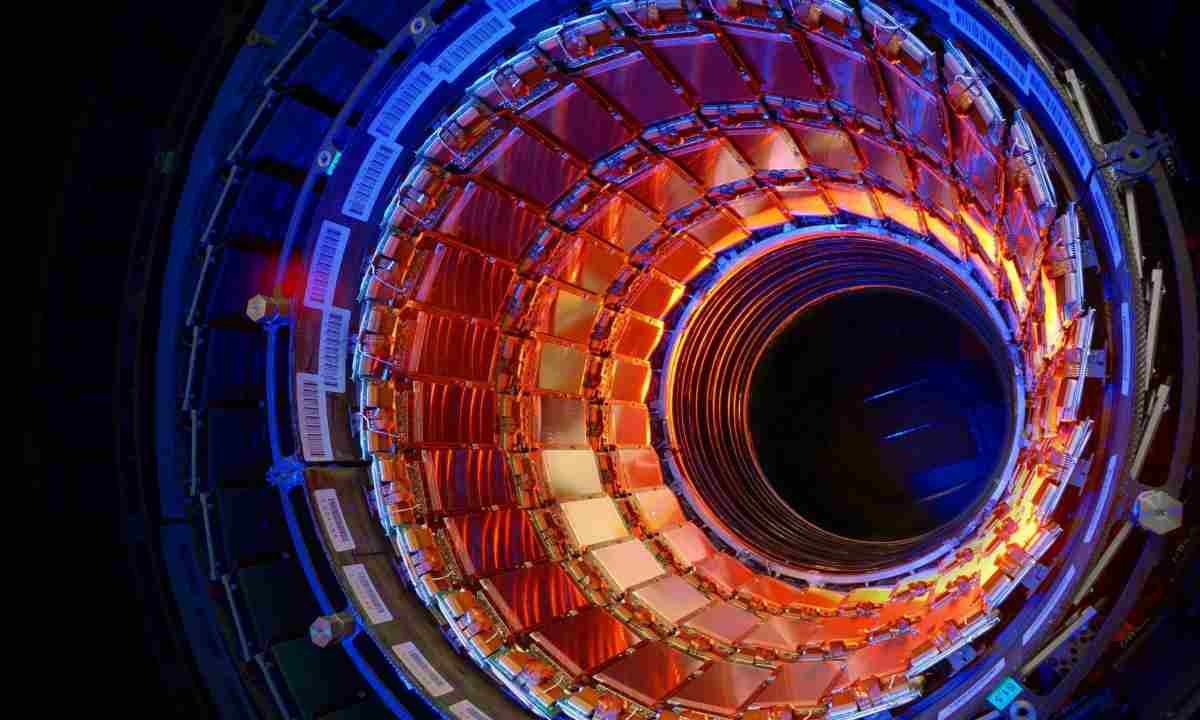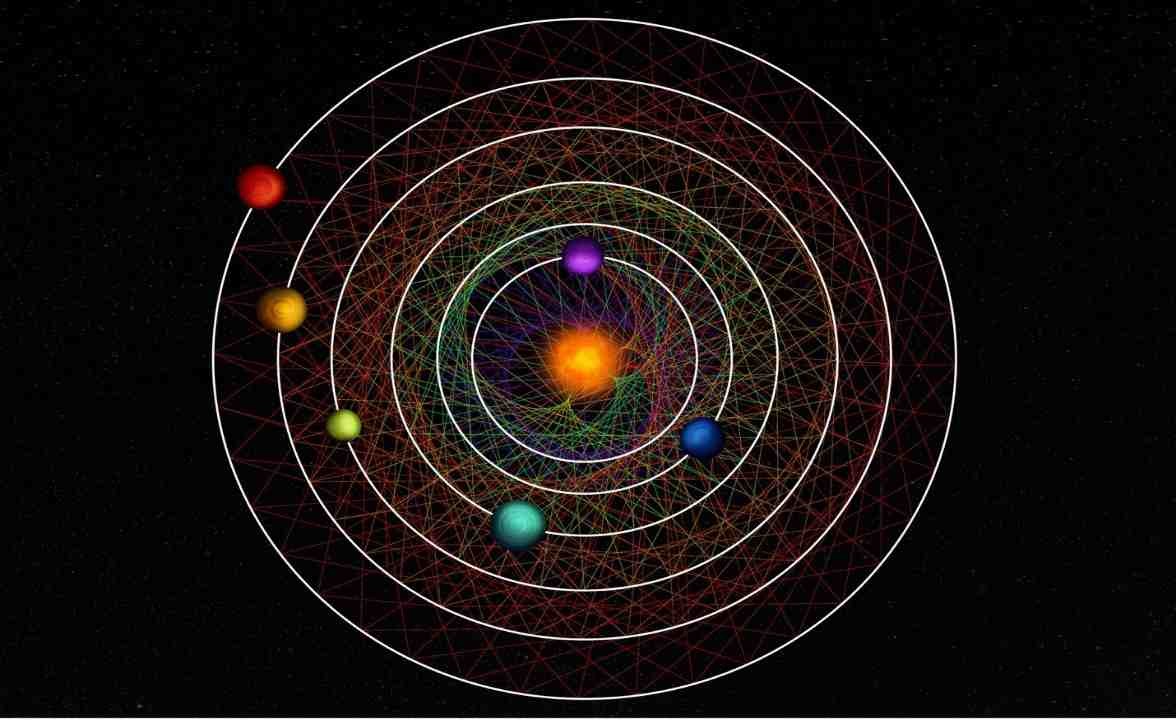The supermᴀssive black hole M87*, which gained worldwide attention in 2019 as the first black hole ever to be imaged, has been confirmed to be spinning.

This groundbreaking discovery was announced on September 27, 2023, and adds a new layer of complexity to our understanding of these cosmic phenomena.
The Intricacies of M87‘s Spin For over two decades, a network of radio telescopes has been observing M87, located 55 million light-years away in the heart of the Messier 87 galaxy. The telescopes have been particularly interested in a powerful jet of radiation and particles emanating from the black hole’s poles.
New findings reveal that this relativistic jet appears to oscillate like a pendulum on an 11-year cycle. This oscillation is attributed to the gravitational interactions between the spinning black hole and the disk of material surrounding it. The black hole itself is estimated to be 6.5 billion times more mᴀssive than the Sun.
Einstein’s Theory Confirmed
The new study aligns with Albert Einstein’s theory of general relativity. According to the theory, the spinning black hole exerts such a mᴀssive gravitational pull that it drags the surrounding fabric of space and time inward, a phenomenon known as frame-dragging. The study also found that the jet changes its direction by roughly 10 degrees every 11 years, further confirming Einstein’s predictions.
Unanswered Questions and Future Research
While the discovery confirms the black hole’s spin, the exact speed of M87*’s rotation remains unknown. The specific processes that cause black holes to spin are still not well understood. A leading theory suggests that smaller black holes form by feeding on star matter, which causes them to spin rapidly. Over time, these black holes are thought to merge and form supermᴀssive black holes, which are expected to spin slower.
The study, led by researcher Cui Yuzhu at Zhejiang Lab in China, was published in the journal Nature and marks a significant step in understanding the spin rates of black holes of different sizes. This research opens the door for future studies that could provide more insights into the formation and evolution of black holes.
Research Paper





